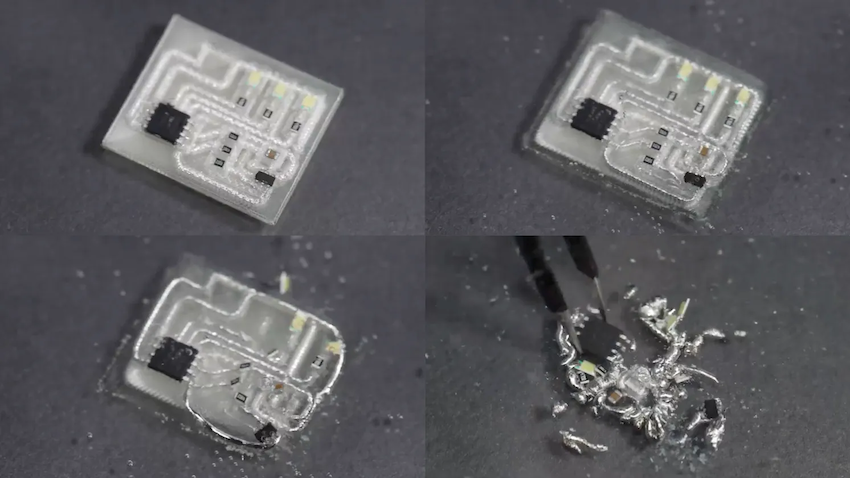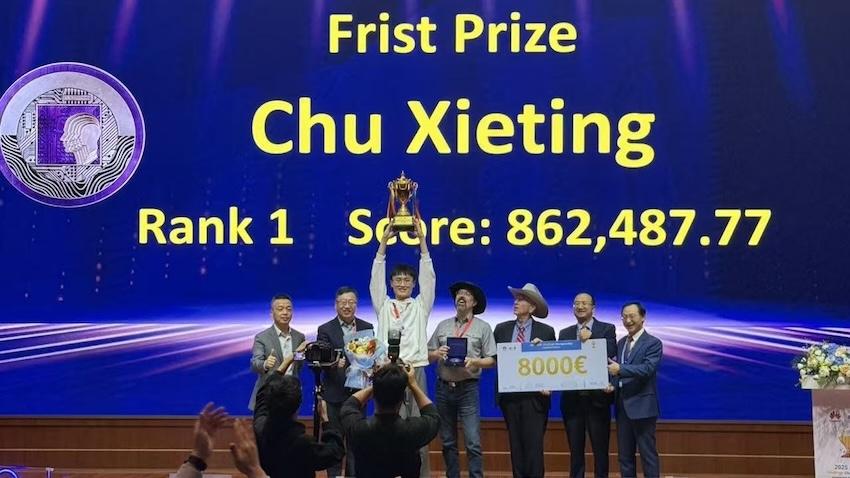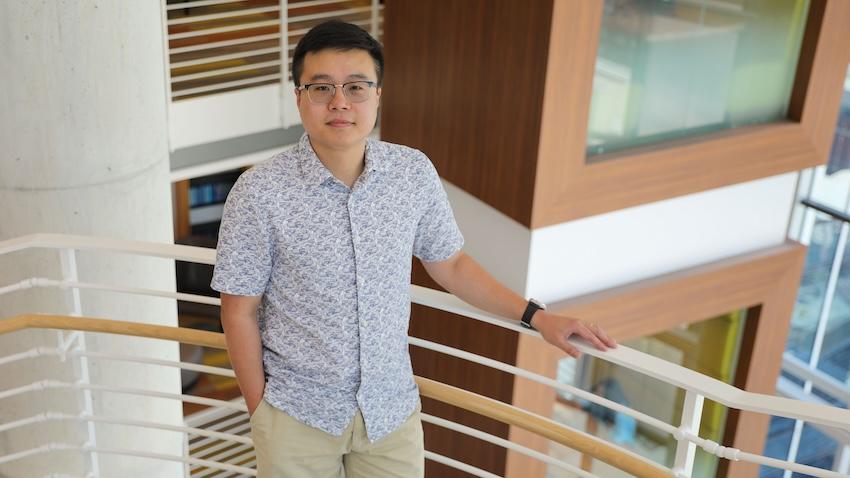
New Recyclable PCB Could Reduce E-Waste
A new recyclable printed circuit board (PCB) could help slow the global e-waste crisis.
Josiah Hester, an associate professor in the School of Interactive Computing, is part of a multi-institutional research team working on DissolvPCB. The reusable PCB is low-cost, accessible, and created with a standard fused deposition modeling (FDM) 3D printer.
According to a University of Maryland report, PCBs use a water-soluble synthetic polymer, PVA, as the substrate and EGaIn, a liquid metal alloy, as the conductor material.
At the end of its life, the PCB is placed in water. When the PVA dissolves, the EGaIn forms a reusable liquid metal bead. The bead is recovered and used to make another circuit board.
Hester collaborated with a research team from the University of Maryland and with former Georgia Tech Ph.D. student Tingyu Cheng, now an assistant professor at the University of Notre Dame.
The research team presented a paper on the project at the ACM Symposium on User Interface Software and Technology (UIST) in September. The team won a best paper award at the event.
For more about the innovation, read the article from the University of Maryland Institute for Advanced Computer Studies.
Photo courtesy of University of Maryland Small Artifacts Lab.


